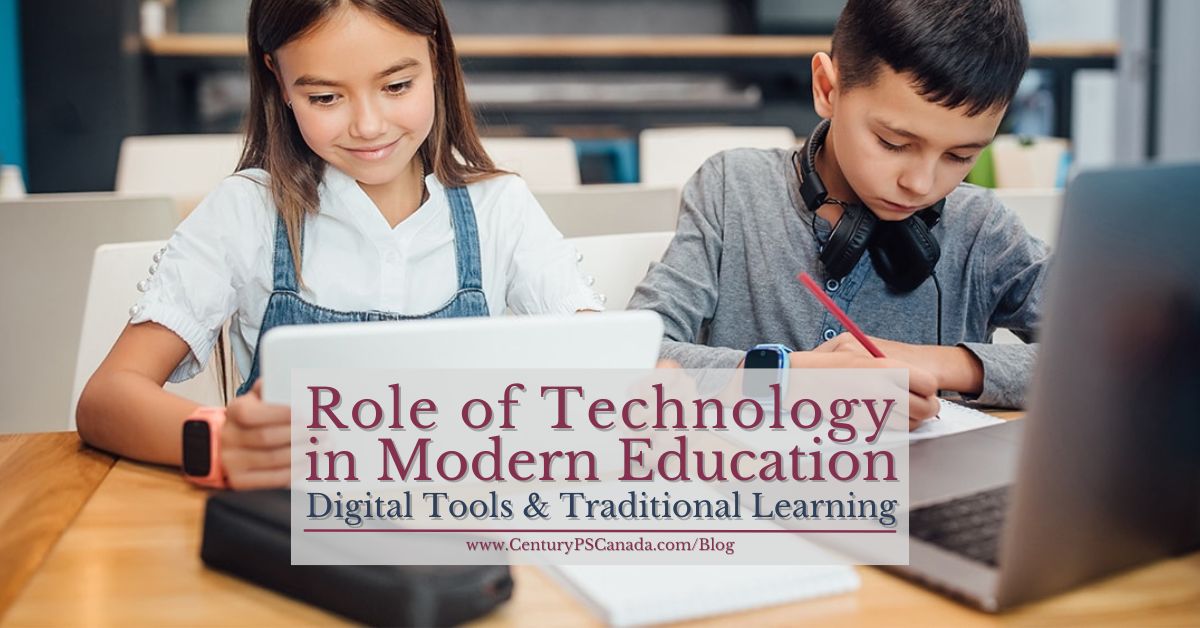Nurturing children’s emotional and social development is vital for their growth. This development influences a child’s self-confidence, empathy, the ability to develop meaningful and lasting friendships and partnerships, and a sense of importance and value to those around him/her.
Here at Century Private School, emotional and social development is of utmost importance, especially in our Montessori programs. Here’s how Montessori education helps develop your child’s social and emotional intelligence.
Emotional Development
Children in preschool have not yet developed the ability to control their emotions, as the experiences of expressing, regulating, and understanding their emotions are still a novelty. Emotional development occurs in conjunction with neural, cognitive, and behavioral growth.
Activities that nurture skills like language learning, and critical thinking help with emotional development. During their pre-school years, they learn these skills, and by the age of four or five, they are able to identify their feelings and attempt to control them.
Young children may have outbursts or feel frustrated when trying to control their emotions, but it’s completely normal. As they grow and begin to verbalize their feelings, they will develop the ability to be more perceptive. This, in turn, allows them to understand other people’s feelings, and helps them to develop empathy.
Montessori Education and Emotional & Social Development
Montessori education helps children with their emotional development and intelligence through activities surrounding relationships and interactions. Through grace and courtesy lessons, children are taught to appropriately communicate their feelings and learn how to interact socially in a respectful manner.
Self-regulation is another vital part of a child’s emotional development. Children often have difficulty controlling their emotions. The Montessori environment encourages children to be respectful of one another, and provides activities that allow them to make thoughtful choices. Modeling appropriate behaviour is also key, as young children observe and learn strategies from the adults in their environment.
Furthermore, Montessori education provides a multi-age approach to classroom groupings that help foster emotional development and skills. Younger preschoolers who are still novices in emotional understanding will have the opportunity to watch and interact with older students who have a more sophisticated level of emotional intelligence.

Going hand-in-hand with emotional development, children in their preschool years are developing their social skills. Sharing, turn-taking, and communicating with peers plays a large role in this development. Through daily interactions, including negotiating in conflicts, and making friends, children start to understand the basics of socializing. Children in the Montessori classroom learn by watching their teachers and older students how to be considerate. They take turns with the materials and share items. They learn the importance of being a positive contributor to their community, and become mindful during interactions.
Are you eager to learn more about Montessori education? Are you looking for a school that fosters emotional and social growth in its students?
Contact Century Private School for more details or book an in-person/virtual private tour!



